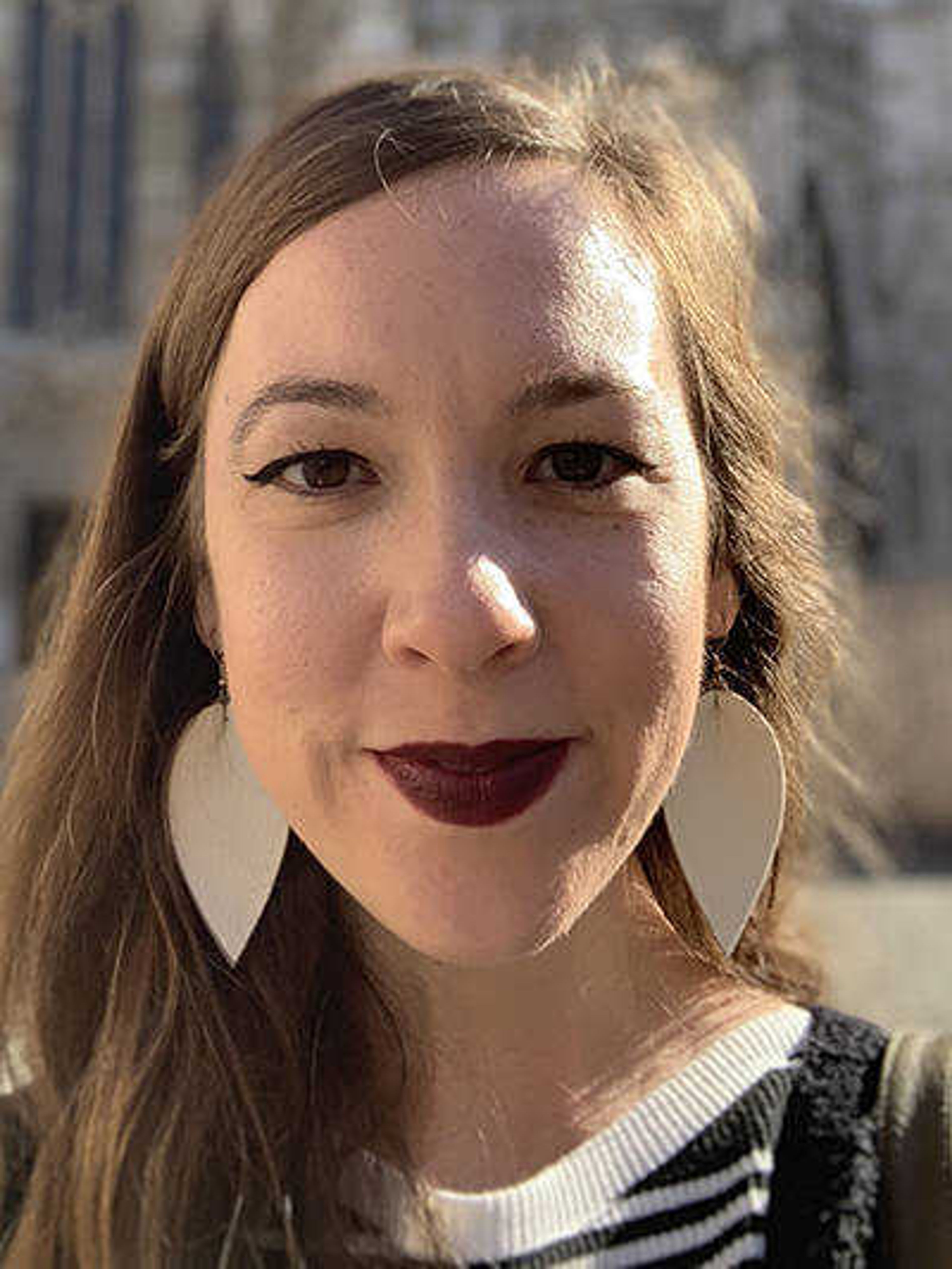Loving unconditionally
Living things' nature tends toward life. At the greenhouse where I work, we often cut back flowers, cutting off the blooms. We aren't afraid of losing the blooms, aren't afraid they won't grow back; we get rid of the blooms knowing the plant will bloom again, we get rid of them so the plant can grow back healthier and better-shaped. Sometimes this cutting back is even needed to save the plant's life...
Living things' nature tends toward life. At the greenhouse where I work, we often cut back flowers, cutting off the blooms.
We aren't afraid of losing the blooms, aren't afraid they won't grow back; we get rid of the blooms knowing the plant will bloom again, we get rid of them so the plant can grow back healthier and better-shaped. Sometimes this cutting back is even needed to save the plant's life.
And, after a time, the plant always grows back and blooms again. Plants' tendency toward life reminds me our God is love, and this love begets abundant life.
Our tendency is toward God, our natural state to be one with God.
The Persian poet Hafiz, translated by Daniel Landinsky, understood this when he wrote, "Just sit there right now. Don't do a thing. Just rest. For your separation from God is the hardest work in this world."
Living in God's love for us allows us to love others abundantly, too.
Jesus says it this way in John 15:1-2 (NAB): "I am the true vine, and my Father is the vine grower. He takes away every branch in me that does not bear fruit, and everyone that does he prunes so that it bears more fruit."
When our God prunes us, cutting off our blooms, it is always so we can bloom again, so we can again bear fruit that is capable of sustaining and giving life to ourselves and those around us.
This leads naturally to Jesus' commandment in John 15:12 (NAB) to "love one another as I love you."
Something I've realized in life is love usually begets love; when I am open to people and accept them as they are, they love me well, too, and often in ways that surprise me. It really is true that "love covers a multitude of sins" (1 Peter 4:8, NAB).
This love that we love with when we remain in Jesus allows us to see each other as God sees us -- maybe we're still aware of our differences and shortcomings, but these things don't seem to matter as much, or even to be true, when we look at people through the lens of unconditional love, believing their goodness.
After all, this is what both plants and God do for us. They take the waste we breathe out into themselves and transform it into something good, something we can breathe so we can go on living.
Hafiz captured this unconditional nature of love when he wrote, "Even after all this time, the sun never says to the earth, 'You owe me.' Look what happens with a love like that -- it lights the whole world."
I want to get better at loving like that.
Connect with the Southeast Missourian Newsroom:
For corrections to this story or other insights for the editor, click here. To submit a letter to the editor, click here. To learn about the Southeast Missourian’s AI Policy, click here.










